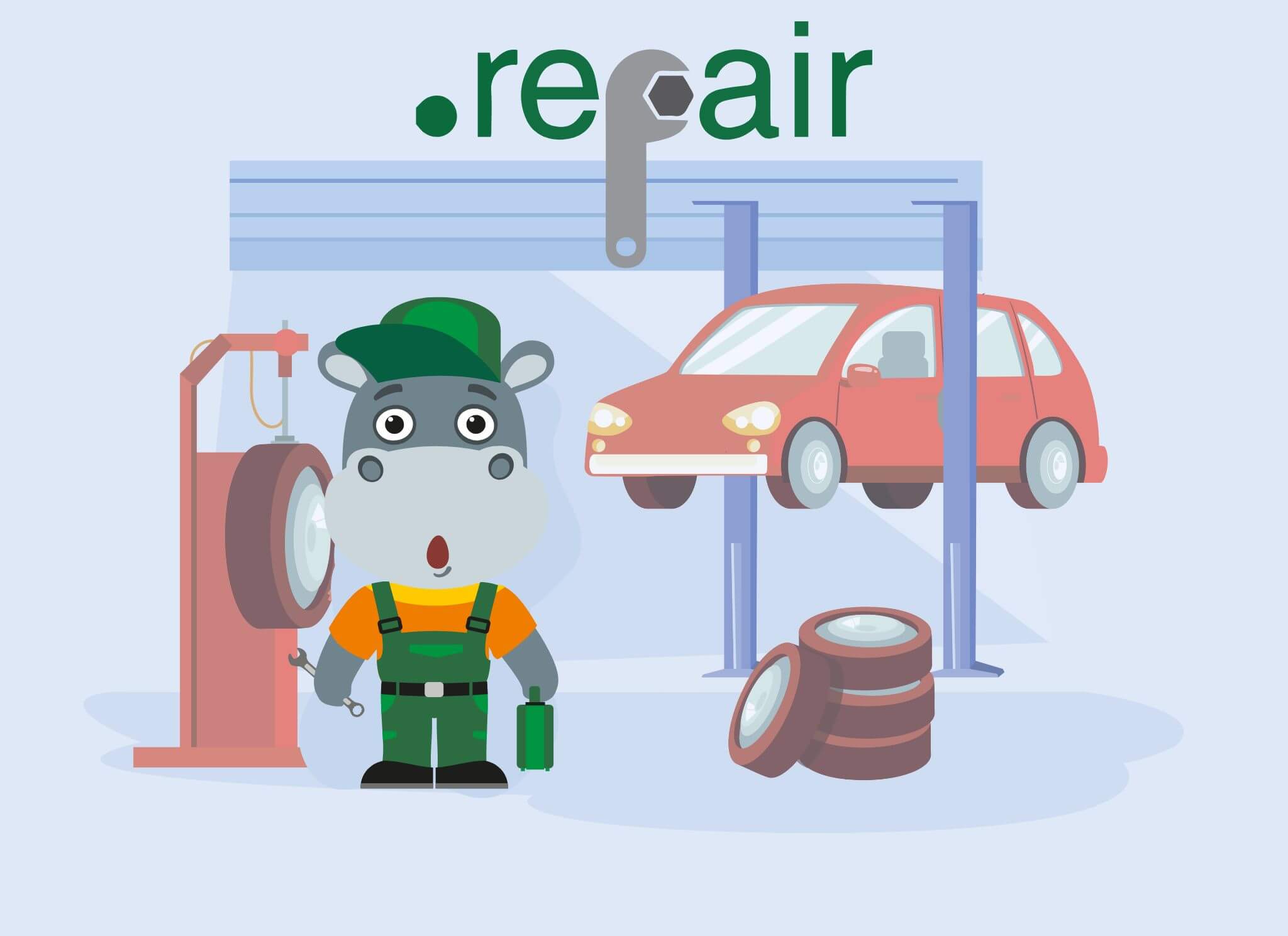Introduction
One of the most common questions we get here at the swamp (particularly when we are enthusing about what we do) is “What actually is web hosting?”. This usually leaves us in a bit of a flummox. So we decided to write a little blog to try to get across what it is us Hippos do all day!
Web hosting is a digital service that allows you to put your stuff online, whether that be a website or application. Whilst you can host a website yourself on your own computer, it’s quite a technical process just to get it working. You then need to consider all the tweaks you need to do to get the performance, security, and reliability up to scratch. Therefore, most people decide to buy some web hosting. This is where you rent some space on a powerful computer, known as a server, that stores all your data and does all the work to display your website correctly.
How Does Web Hosting Work?
All the domain names are stored on a special server, called a DNS (Domain name Server) which act like telephone directories. When you type in a domain name (e.g. hipposerve.co.uk), the DNS server looks it up to find out where to find the website required. To help this process, each server has a unique number (called an IP address). The DNS server calls up this number, and asks the server to send you the website required!
Types of Web Hosting
There are many types of web hosting to serve different requirements. Ranging from a simple blog, to a multiserver application for a website such as Facebook. When you are looking for web hosting, you should always start with the simplest solution and gradually increase the type of hosting, to match your user base. Let’s look at the most common types of web hosting that are available!
Shared Hosting (e.g. Hippo Hosting)
With shared hosting, lots of different users share the same server, including all the resources available on that server. This includes, processor usage, memory, disc space and bandwidth.
This is generally the simplest form of web hosting, as well as being the most affordable. Everything s set up for you, and with reputable hosts you don’t need to worry so much about security and performance optimization. Shared hosting is perfect for individuals and small business just starting off. Configuration tends to be more straightforward and most hosting providers offer support in getting your site up and running.
Great things About Shared Hosting
- It’s usually great value for money
- Great for getting started
- No technical expertise required
- The server is looked after for you
- There are a wide range of options to choose from
- It’s easy to upgrade
Disadvantages of Shared Hosting
- If you need to make specific changes to your website configuration, you may not have access
- If one website on the server uses a lot of resources, it can affect all websites
- There is lack of flexibility
VPS Hosting (e.g. Hippo Business Pro or Hippo VPS)
With a VPS (Virtual Private Server), you still share the physical hardware with other users. However, you get a virtual partition that behaves exactly like a server in its own right. You get much more flexibility over the configuration, without the expense of having to rent a whole server to yourself. VPS hosting is the natural step up from shared hosting when your website starts to grow. Whilst they require a little more technical expertise, many hosting companies offer managed services, that take care of all the hard setup stuff for you. These usually cost a little more than a naked VPS, but they are a great way to get started.
Great things About VPS Hosting
- You get allocated resources to use
- Other websites do not affect the performance of your website.
- Great flexibility and customization options.
- You typically get full access to all the servers’ configuration.
- Good value for money when compared to dedicated servers
Disadvantages of VPS Hosting
- Requires more technical knowledge
- You need to consider things like backup solutions
- If something goes wrong, it may take longer to fix.
Dedicated Hosting (e.g., Hippo Dedicated—Coming Soon)
This is where you have an entire physical server to yourself. The sky is the limit with these in terms of configuration and customisability. The entire hosting environment can be set up to match your specifications.
Dedicated Servers can really be as powerful as you like, but they come at a price. They also require a considerable amount of maintenance and set up to function optimally. They are really designed for large businesses with a lot of heavy website traffic.
Great things About Dedicated Hosting
- Complete control
- Very reliable (if set up correctly)
- You have root access to the server.
Disadvantages of Dedicated Hosting
- High Cost
- Technical knowledge required
- Support costs
Cloud Hosting (e.g., Hippo Cloud—Coming Soon)
This is like a half way house between a VPS and a dedicated server. A Cluster of servers operates as one to give very flexible power and upgrade options. A number of sites share this cluster, but each is given their own pool of resources to dip into. You can increase the capacity of the server in an instant.
These are particularly good for businesses that need to scale quickly, perhaps most of the time they run with a low configuration. At peak times, perhaps at the release of a new product, or at Christmas, they can increase their server capacity in an instant.
Great things About Cloud Hosting
- Less likely to have downtime or failure due to increased redundancy.
- Can handle sudden bursts of activity and DDoS attacks more successfully.
- You can grow your site quickly and easily.
Disadvantages of Cloud Hosting
- It’s usually more expensive than a VPS server
- Less flexible than a VPS or Dedicated server.
WordPress Hosting (e.g., Hippo WordPress)
Like it, or loathe it, WordPress is very popular, and many hosting companies provide dedicated hosting that is optimized for WordPress. In most cases this doesn’t differ much to shared hosting, except WordPress comes preinstalled, so it removes a configuration step.
As WordPress is a little bit more resource heavy than a basic website, these tend not to be available on the budget plans. WordPress gives you the flexibility to create a professional website with almost limitless possibilities.
Great things About WordPress Hosting
- WordPress comes preinstalled
- Access to the repository of the WordPress plugins
- Many hosting companies are WordPress experts and can help support your site.
- It’s a low cost, secure option
Disadvantages of WordPress Hosting
- WordPress doesn’t perform well on budget plans
- You can easily get bogged down with too many plugins
- It requires regular updates. You must build this into your website maintenance routine.
Conclusions
When you first start thinking about creating a website, there are a lot of decisions to be made. Quite often you can be steered towards the most expensive hosting option with every add on included under the sun. The average website is less than 1 GB in size, for example, so do you really need to pay for a server that has 120 GB of storage?
Your first website will not generate many hits (hopefully it will grow), but in the first instance, you won’t need a dedicated server for £120 per month.
Our tip at Hipposerve is to start off small and grow. Just make sure that you choose a web host that guides you to the best hosting plan for your needs and can support you when you are ready to expand.
If you want to talk about website hosting, website design, or anything online based, you can book an appointment with us direct at https://blog.hipposerve.com/blog/zoom-us, or drop us an email at https://help.hipposerve.co.uk. One of the Hippo Helper team will be happy to help!











